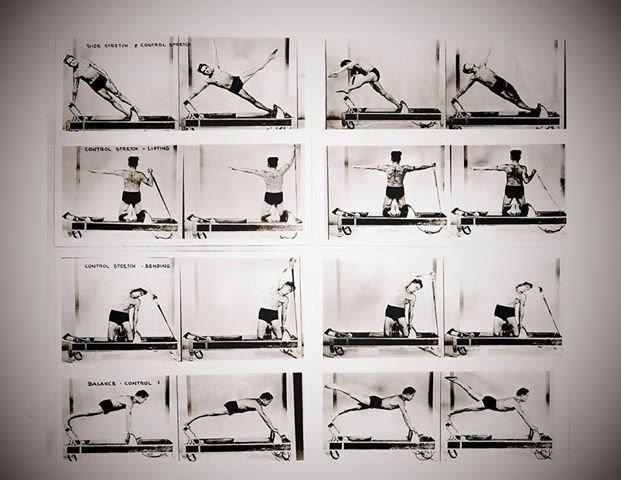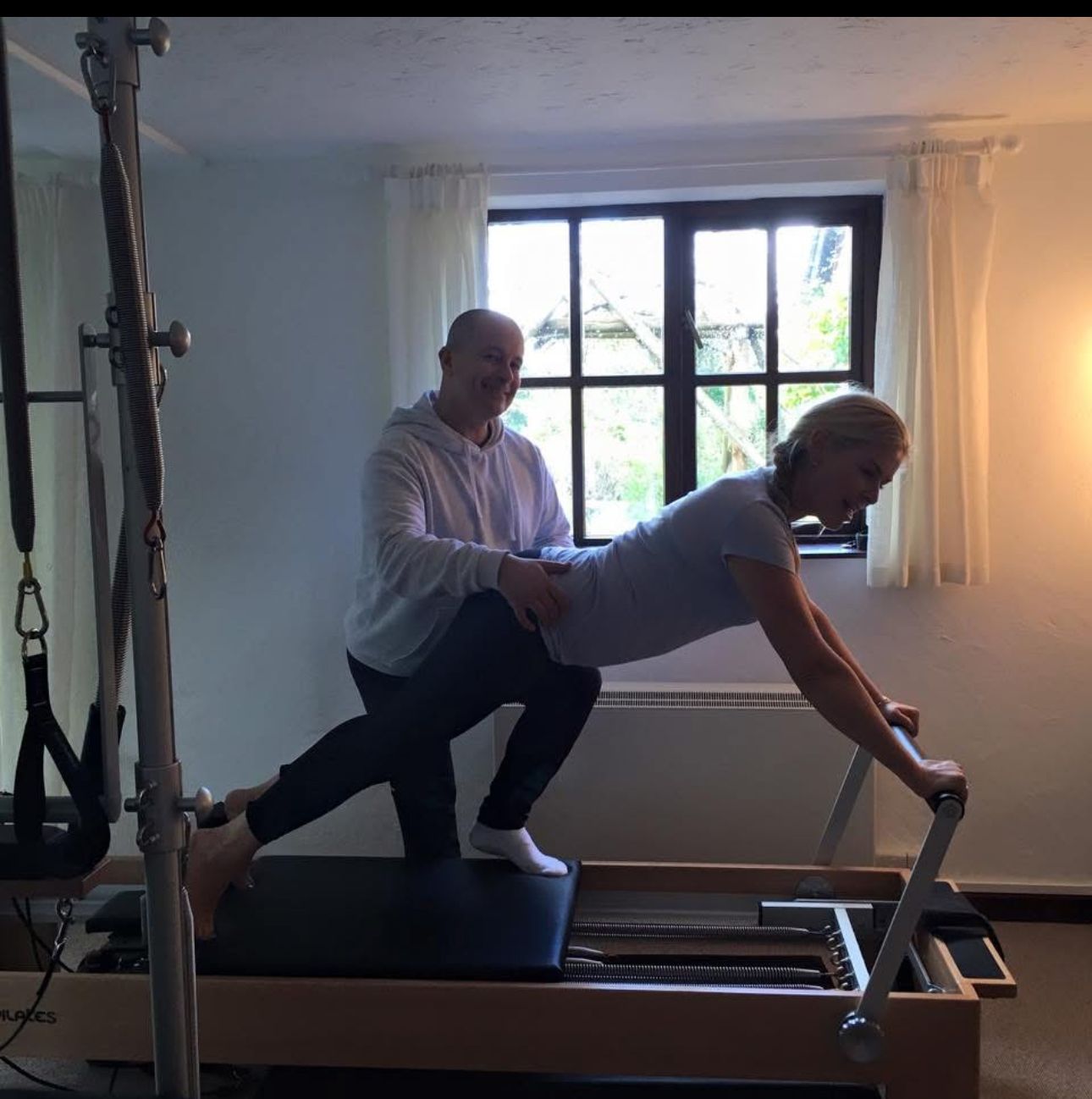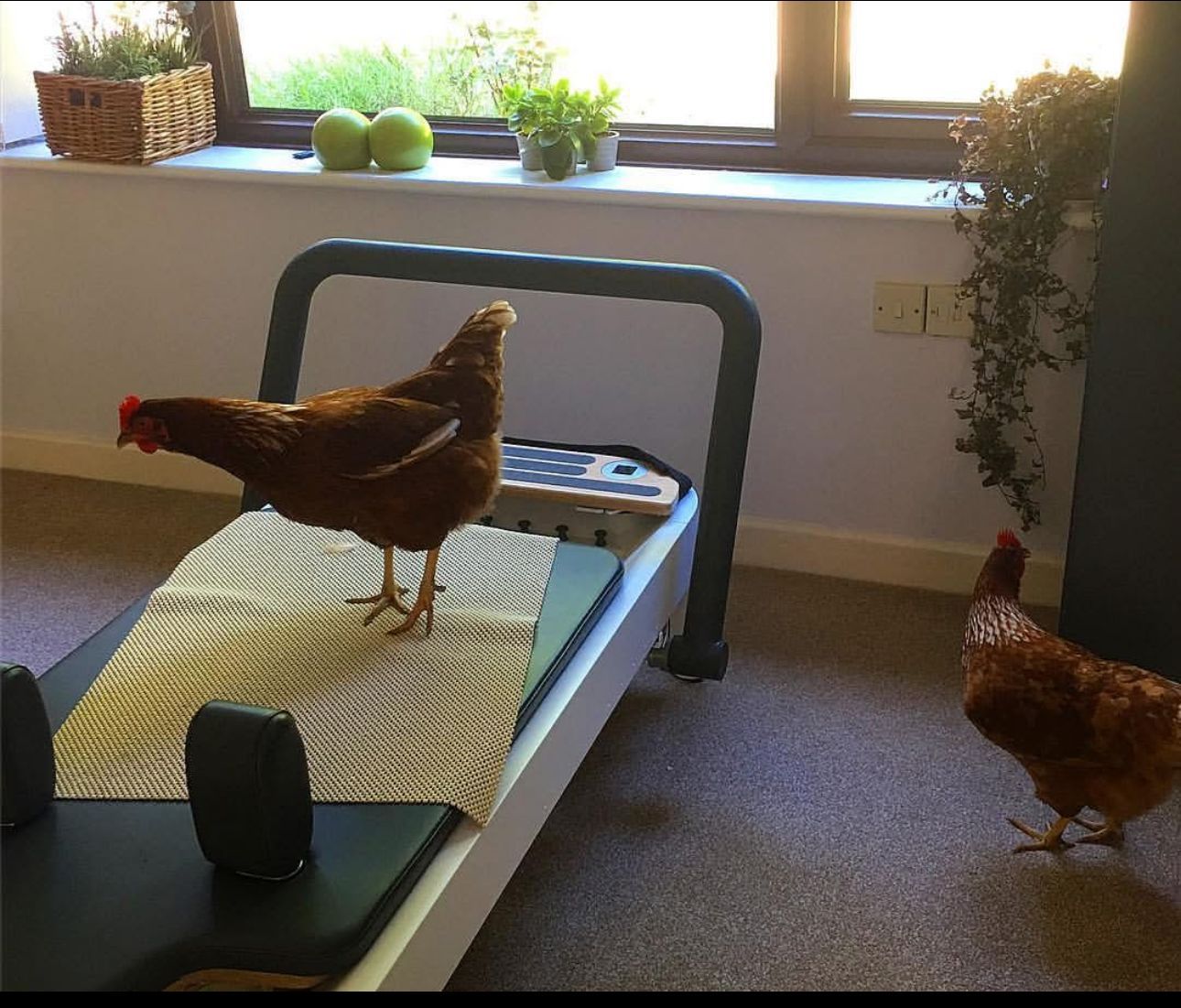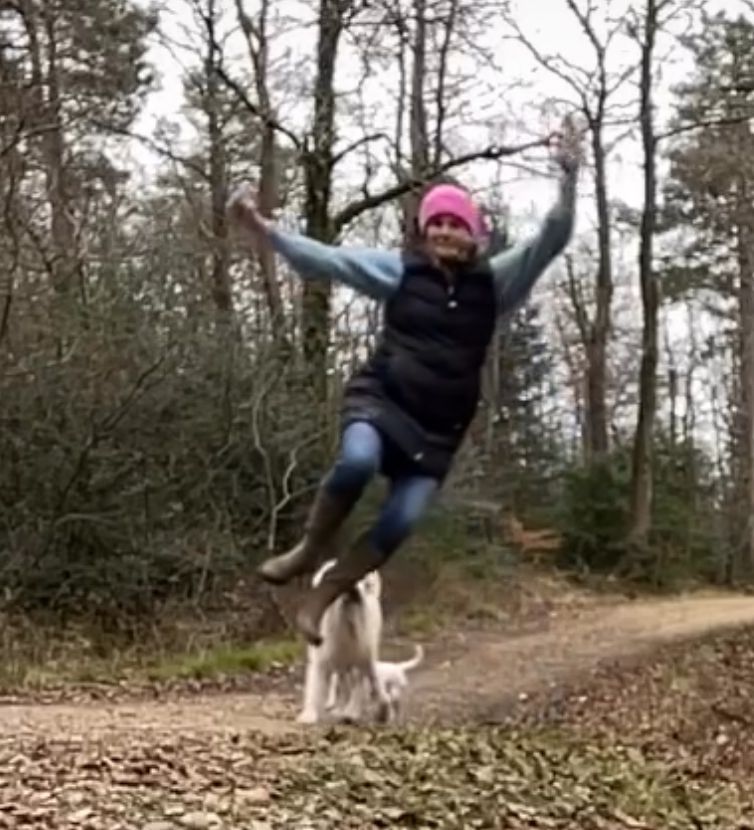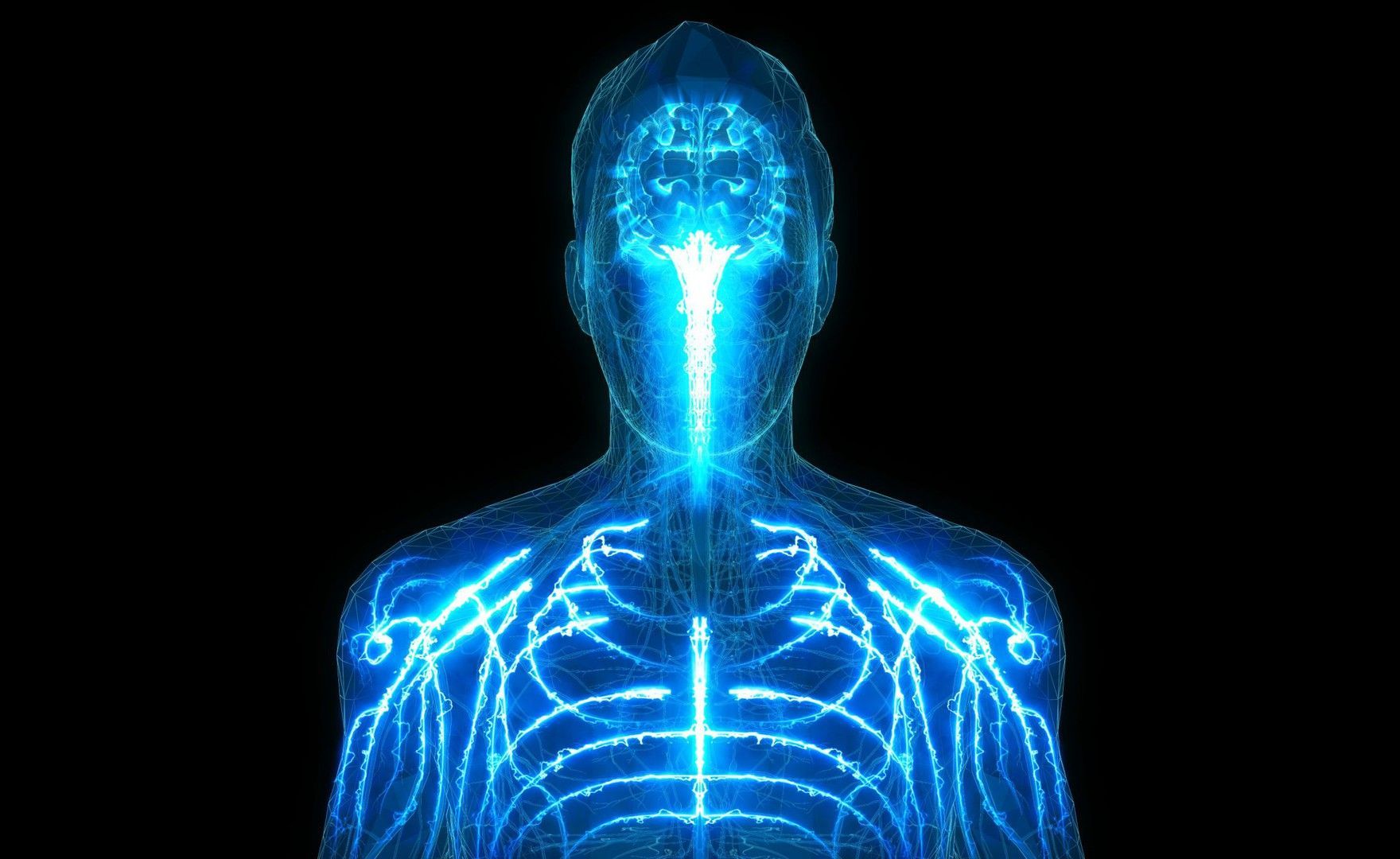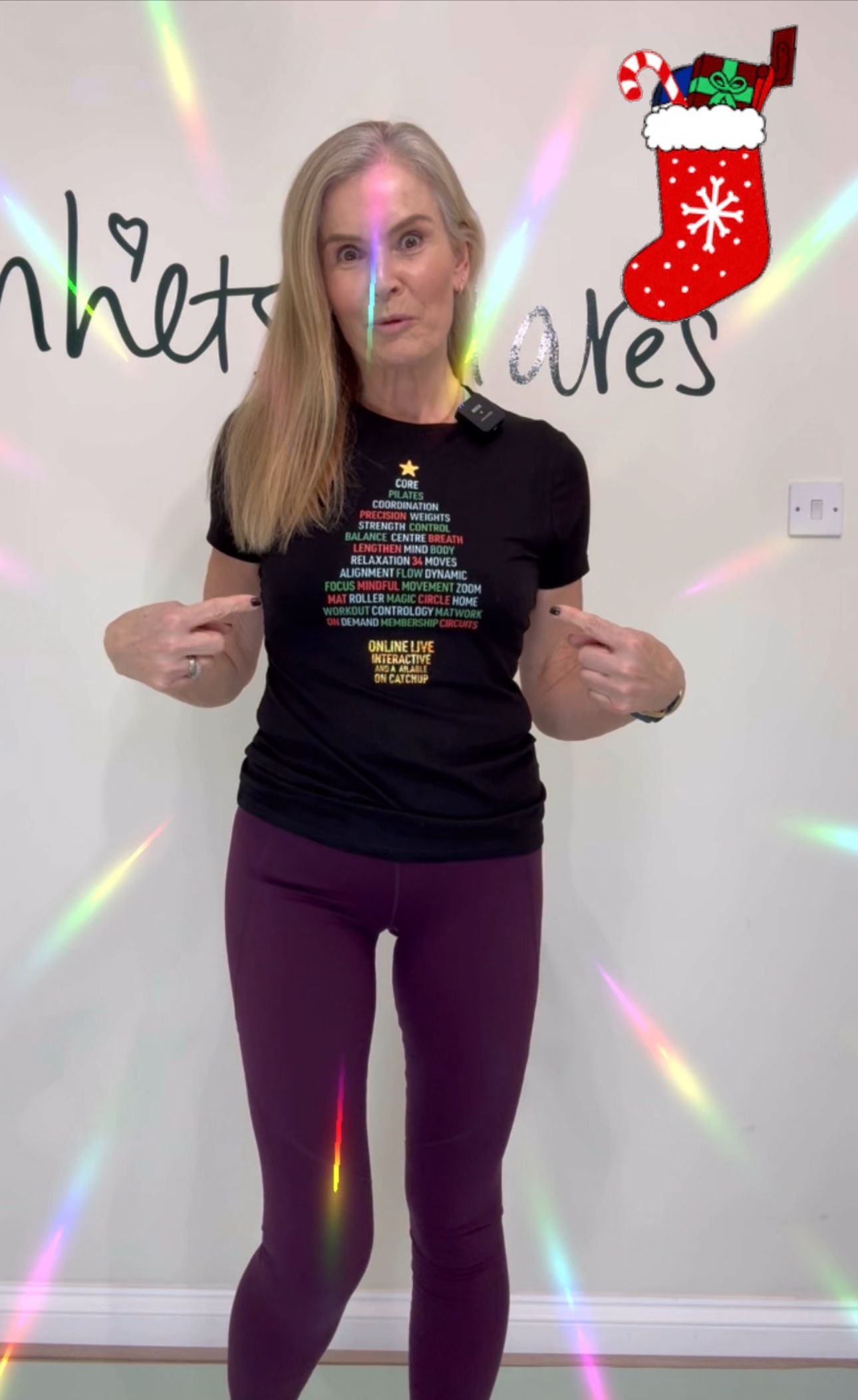You have almost certainly seen photos of the Pilates reformer and many of you may have used one - several of you with me, before I moved house and ran out of space! The original design was very widely believed to have derived from when Joe Pilates was interned during WW1 using a basic bed with springs to devise his system of self defence and rehabilitation exercises for fellow German nationals, helping them with physical fitness and to alleviate problems such as rheumatism and other join problems.
However they are expensive and large and mat classes have long since made practical and economic sense, bringing Pilates to a wide population being more affordable and accessible.
The last few years has seen an explosion in Reformer studios opening up on every street corner. However, to support this surge in popularity, some short cut qualifications have also popped up. There are now many reformer teachers out there who have not come from a Pilates background and have no mat experience, learning only to teach on the studio equipment.
Is there room for all options? Perhaps you are happy to practise exercise on the reformer/tower/jump board without it being Pilates and why not if that works for you. However, if it doesnt come from a Pilates source and is an add on to a personal training qualification perhaps or gym certificate, can it be called Pilates? If it is merely a form of exercise on a machine without embracing the fundamentals and principles, why call it Pilates which can be very misleading.
Worryingly, there is a real risk of the original method being diluted and the magic of what it can do and all that it represents will be lost in a sea of expensive leggings and battery farm style classes.
So let's assume you are going to a reformer class in order to do Pilates. Why would you want your teacher to be mat qualified in addition to reformer?
Here is the official take on the research I have been doing, gathered from various sources -
1. *Foundational knowledge*: Mat training provides a solid understanding of Pilates principles, exercises, and modifications. This foundation is crucial for teaching Reformer classes.
2. *Exercise progression*: Mat exercises often progress to Reformer exercises. Understanding the mat work helps teachers modify and progress exercises effectively on the Reformer.
3. *Injury prevention*: Mat training emphasizes proper alignment, breathing, and movement. This knowledge is vital for preventing injuries on the Reformer, where equipment can amplify poor form.
4. *Teaching versatility*: Mat qualification allows teachers to instruct clients who prefer or require mat work, making them more versatile and valuable instructors.
Teatime Talks. A huge thank you to Katie
who gave just THE MOST inspirational talk on Tuesday. We all hung on her every word and so many of you messaged me to say how motivated and positive you felt. It was a real treat and again, we are so lucky to have access to such knowledge and experience from the comfort of our sofa. Thank you Katie - your story was incredible and we all really appreciated our hour with you.
Members. I am really looking forward to our day to Battersea next week and you will have received an email about our Summer lunch so pop that in your diary.
Last night Anne and I had a superb evening at The Harbour Lights, watching The Salt path and I have just got home from seeing Fiddler on the roof with Jan at the Barbican, It was BREATHTAKINGLY good - a full house standing ovation. I can heartily recommend both and can only hope you get the same wonderful company that I have enjoyed. Look at me! Out in the evenings again!! Whatever next?
And finally -
Some lovely quotes from Katie's talk - "where the mind goes, the body will follow".
When you go to bed at night, reflect - "What did I enjoy today? What made me feel proud? what gave me confidence? What could I have done differently?"
There will always be someone who can't see your worth. Don't let it be you! - Mel Robbins.
Have a great weekend everyone.
Jx
